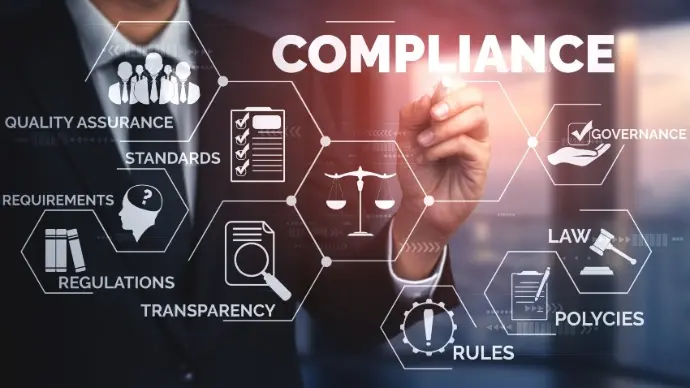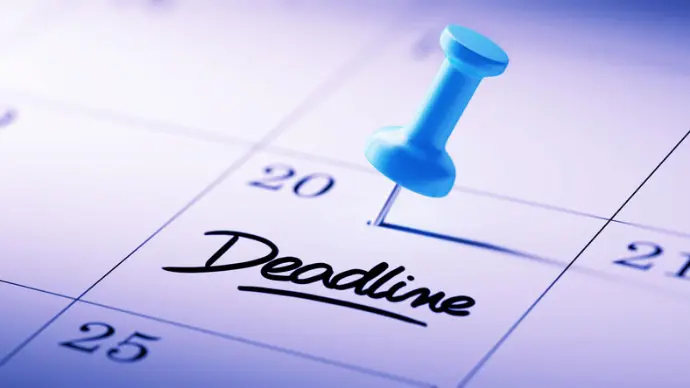Why E-Invoicing (LHDN 2025)?
The adoption of LHDN e-invoicing is necessary due to its mandatory regulatory status for qualifying entities within Malaysia, offering concurrent benefits such as operational streamlining, heightened compliance, and superior data integrity and transparency.

Compliance Requirements
The main requirement is the adoption of the Continuous Transaction Control (CTC) model. This means all invoices (B2B, B2C, B2G) must be electronically submitted and validated by the LHDN's MyInvois Systembefore they are legally considered valid for tax purposes. E-invoices must adhere to a strict structure containing 55 data fields, and once validated, they receive a unique UIN and QR code.

Deadlines
The LHDN e-Invoicing mandate is currently active for large taxpayers (over RM25M turnover) and is rolling out to smaller businesses with deferred deadlines, requiring all businesses to validate transactions through the MyInvois system by July 2026 based on their FY2022 revenue.

Who Must Comply ?
All taxpayers conducting commercial activities in Malaysia (including companies, partnerships, trusts, and sole proprietors) must comply. The requirement is tiered based on annual revenue/turnover thresholds (see table above). Crucially, businesses with an annual revenue of less than RM500,000 are currently exempted from the mandate.